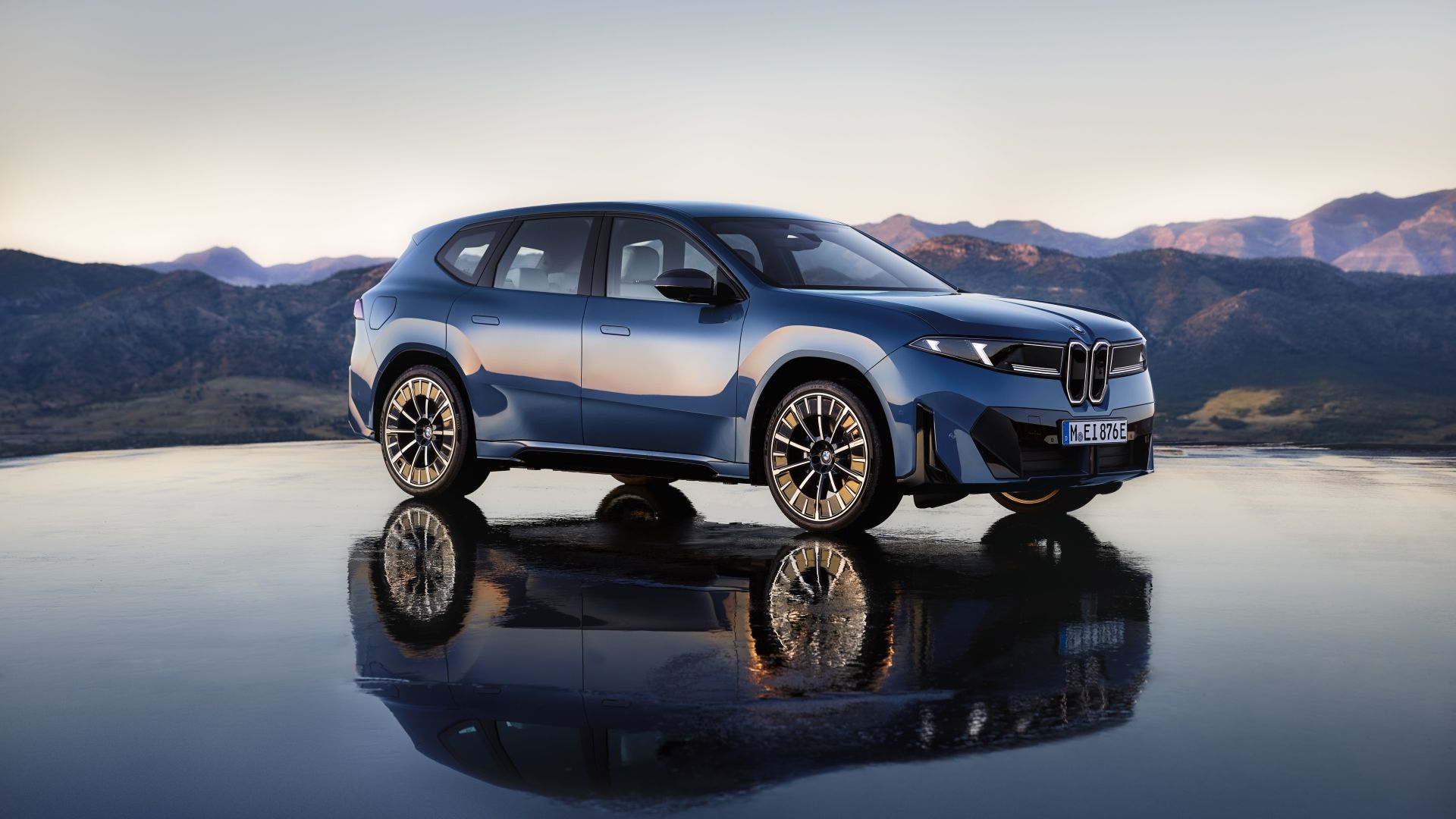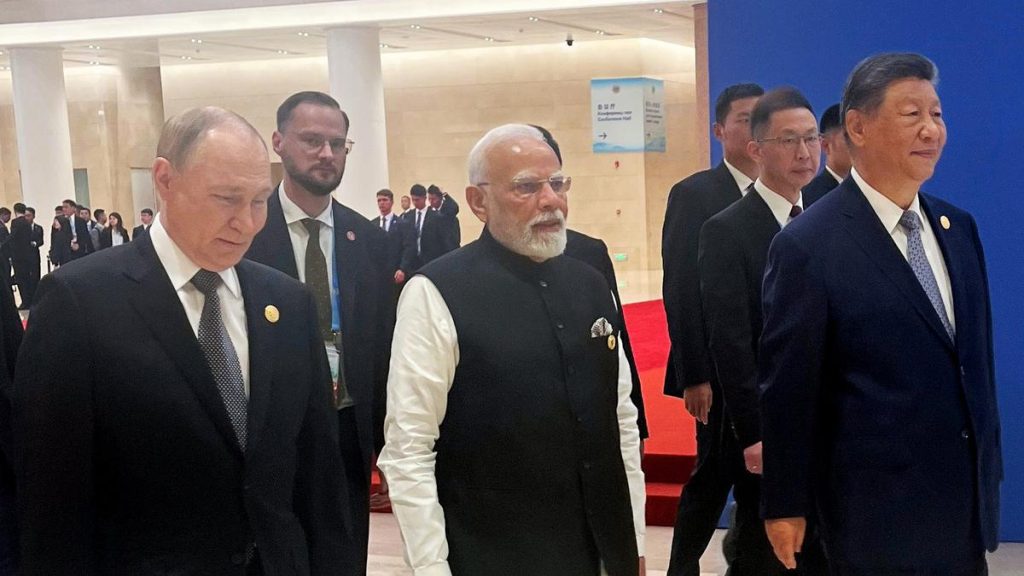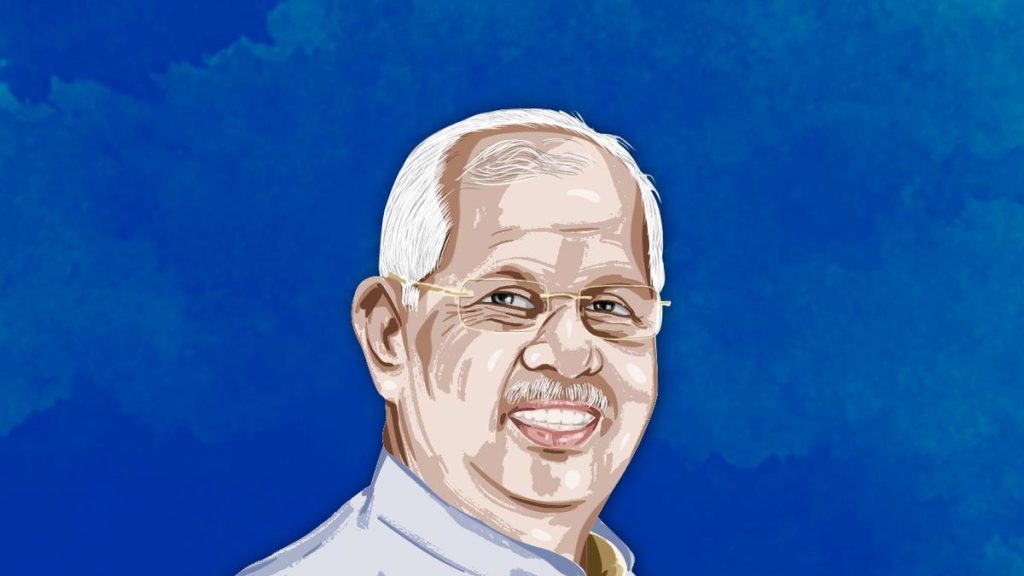Now Reading: BMW Unveils 2026 iX3: A Direct Challenger to Tesla
-
01
BMW Unveils 2026 iX3: A Direct Challenger to Tesla
BMW Unveils 2026 iX3: A Direct Challenger to Tesla

Speedy Summary
- BMW Reveals 2026 iX3: The next-gen iX3 is built on BMW’s Neue Klasse EV platform, offering lighter construction, better efficiency, and faster charging.
- Design Evolution: Unlike previous models adapted from gas-powered versions, the iX3 has been designed as an EV from scratch.Features include bold exterior styling and a tech-forward interior.
- Battery & Performance:
– Estimated range of up to 805 km (500 miles).
– 800V system voltage with lithium-ion cylindrical cells and a charging rate of 400 kW.
– Dual motor delivering 463 HP, AWD setup; accelerates to 62 MPH in just under five seconds. Top speed: 130 MPH.
- Pricing:
– Europe pricing begins at €68,900 (~$80,000). U.S pricing starts at approximately $60,000.
- Tech & Rivals: Advanced driver-assistance systems aim to rival Tesla Model X ($99,990) and sector leaders like porsche Macan EV ($78K), Audi Q6 e-tron ($63K), Cadillac Optiq ($50K), among others.
Image:
!BMW
Indian Opinion Analysis
The unveiling of BMW’s Neue Klasse-based iX3 demonstrates important advancements in electric vehicle design and performance standards for traditional automakers facing competition from market pioneers like Tesla. While Tesla dominates consumer preference for scalability in affordability via the Model Y or luxury through the Model X, BMW balances these seemingly contrasting needs by introducing advanced technologies-including extended battery range (500 miles)-and pricing it strategically at $60K within its premium segment competitors.
For India-a growing yet cautious adopter of high-performance EVs-BMW’s future lineup could signify opportunities for established automakers to target urban elite markets prioritizing zero emissions technology alongside seamless integration w/respective quality policies alongside logistical segmentation fragmentation industry mass-import collider reception challenges those aspirants..Quick Summary:
- Battery & Range: BMW iX3 has a 109 kWh battery with increased energy density (20% betterment due to cylindrical cell design). WLTP range is up to 500 miles, and EPA testing targets around 400 miles. It supports charging speeds of up to 400 kW, enabling a gain of 231 miles in just ten minutes.
- Technology & Autonomous Features: Includes “Heart of Joy” superbrain system with four computing modules offering automated driving capabilities (level two and three) and enhanced vehicle control functions. Computing power is claimed to be twenty times higher than its predecessor.
- Interior & Infotainment: A futuristic cabin design features a massive 43-inch windshield display for gauges and customizable info, along with a standard 17.9-inch touchscreen infotainment screen.Other tech amenities include keyless entry, wireless phone charging, a Harman/Kardon sound system (optional), heated/power-adjustable seats, dual-zone climate control, adaptive headlights, and more.
- Dimensions & Cargo Space: Front headroom is listed as 40.6 inches; rear headroom as 38.5 inches; cargo capacity includes an additional front storage space (“frunk”) totaling approximately two cubic feet.
Images provided in the article:
1) Interior dashboard view showcasing the sleek widescreen technology highres.jpg?q=49&fit=crop&w=825&dpr=2″>link.
Indian Opinion Analysis:
The advancements in battery technology showcased by BMW’s iX3 may have significant implications for India’s growing EV ecosystem where range anxiety remains one of the major barriers to adoption-especially on long routes between urban centers or remote areas without frequent charging points. India’s focus on expanding charging infrastructure aligns well with cars capable of ultra-fast rates like BMW’s promised figure of up to 400 kW, perhaps reducing travel limitations even further.
Moreover, premium luxury vehicles such as this demonstrate technological leaps not only through performance metrics but also thier adaptability within smart transport systems-a concept India aims toward under its Smart Cities Mission initiatives involving electric mobility solutions integrated seamlessly across urban landscapes.
On autonomous driving-a domain still nascent domestically-the outlined level-two-and-three automation capabilities hint future possibilities amidst unique challenges from Indian road conditions requiring adaptive intelligence beyond preconfigured patterns typical aboard Western-market oriented ecosystems/countriesQuick Summary
- BMW has introduced a new crossover EV, showcasing a major shift in design and direction for the company.
- It represents BMW’s vision for the future with its “Neue Klasse” design philosophy.
- The upcoming iX3 is positioned as a disruptor in the compact luxury EV market, setting high standards for performance, technology, and range.
- The vehicle is expected to generate significant interest in markets like the U.S., according to initial impressions from industry observers.
!BMW
Indian Opinion analysis
The introduction of BMW’s new iX3 highlights growing innovation in global electric vehicle (EV) markets-an evolution that mirrors India’s move towards e-mobility initiatives under government policies like FAME-II (Faster adoption and Manufacturing of Hybrid and Electric Vehicles). While luxury EV offerings like this may not immediately target Indian consumers due to pricing concerns or infrastructure gaps, they set aspirational benchmarks that could influence domestic automakers and contribute to enhanced technological standards within india’s automotive sector over time. Additionally, such developments underline fierce global competition among automakers pivoting toward sustainable transport solutions-a space India cannot afford to lag behind if it intends to maintain competitiveness on international platforms.



























